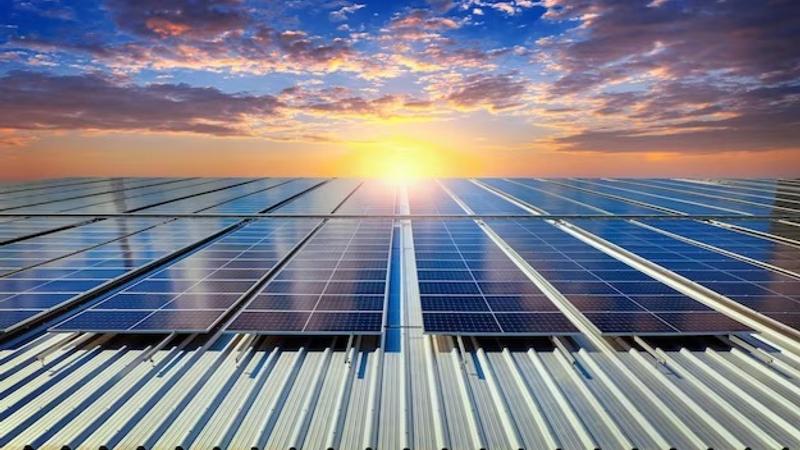Published 16:44 IST, May 2nd 2024
Energy storage systems pivotal to increase share of RE in power generation: ICRA
Share of generation from renewable energy capacity may increase to close to 40% of the all-India electricity generation by FY30.

Solar power project | Image:
Freepik
- Listen to this article
- 3 min read
Advertisement
16:44 IST, May 2nd 2024




